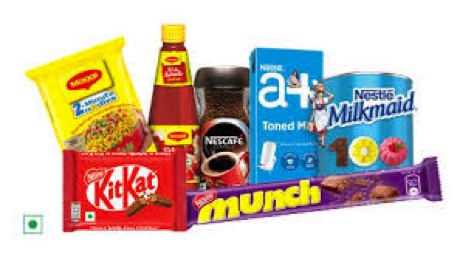Citizens protein project: A self-funded, transparent, and concerning report on analysis of popular protein supplements sold in the Indian market
Abstract
In this study, we analyzed popular protein supplements in India for potential health risks. Most products didn’t match their labeled protein content, some even exceeded it, hinting at deceptive practices. Many contained fungal toxins, pesticides, and harmful heavy metals like lead and arsenic. Some also included hepatotoxic herbal extracts like green tea, turmeric, Garcinia cambogia, and Ashwagandha. Indian-made products fared worse than multinational ones. We found various potentially toxic compounds, urging for stricter regulation and safety studies in this industry. Manufacturers should simplify ingredients and avoid harmful substances to protect consumers’ health.
Introduction
Dietary supplements, especially protein formulations, are widely used by various groups, but concerns about their safety persist. Mislabeling and contamination are common issues, with evidence showing the presence of harmful substances like toxic metals. Regulation in India focuses on manufacturing practices, leaving content safety in the hands of manufacturers. Despite this, protein supplements often lack transparency and quality assurance. Our study fills this gap by analyzing popular protein products rigorously, aiming to reveal any potential toxic ingredients. We employed standardized methods to ensure transparency and provide valuable insights into product safety.
Results
We obtained and analyzed 36 protein supplements, maintaining seals and blinding until laboratory analysis. The products included blended, pure plant-based, and pure whey-based formulations, with some containing herbal extracts. Among them, 25 (69.4%) were mislabeled regarding protein content, with deficits ranging from <10% to over 50%. Some products had higher than labeled protein content, possibly due to “protein or amino spiking.” Five samples (13.9%) were contaminated with aflatoxins, and three (8.3%) showed trace pesticide residue contamination. Heavy metal analysis revealed trace levels of arsenic, cadmium, lead, and copper in various samples. Interestingly, heavily promoted brands often had the lowest protein content, and aflatoxins were mostly found in plant-based supplements. Pesticide residues were detected only in plant-based supplements.
The gas chromatography and mass spectrometry (GC-MS) analysis conducted on the protein supplements revealed a wide array of organic and inorganic compounds present in the products. Among these compounds, some were found in the majority of the analyzed samples, indicating their pervasive presence across different brands and formulations.
For instance, compounds like cycloheptatriene, spiroheptadiene, acetone, acetic acid, and dichloromethane were detected in a high percentage of the analyzed products, with percentages ranging from 72.2% to 83.3%. These compounds are commonly associated with industrial processes and are not typically expected to be present in dietary supplements.
Additionally, other substances like ammonium acetate, toluene, trichloromethane, isopropyl alcohol, and hydrogen isocyanate were also identified in a significant portion of the analyzed protein formulations, ranging from 50% to 75%. These compounds have various industrial applications and may indicate contamination or impurities in the supplements.
Notably, the absence of synthetic steroids or hormonal agents in the analyzed products is reassuring from a health perspective. However, the presence of natural phytosteroids in plant-based formulations highlights the complexity of these supplements and underscores the importance of thorough analysis to understand their composition accurately.
Overall, the GC-MS analysis provides valuable insights into the diverse range of compounds present in protein supplements, emphasizing the need for stringent quality control measures and regulatory oversight to ensure the safety and efficacy of these products.



























